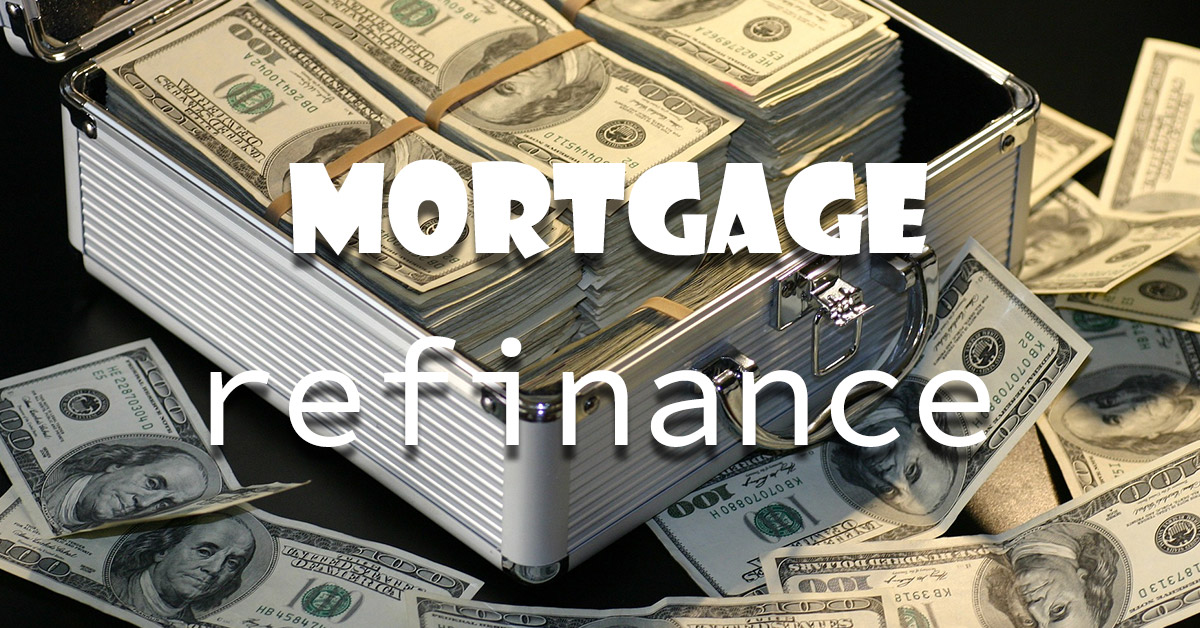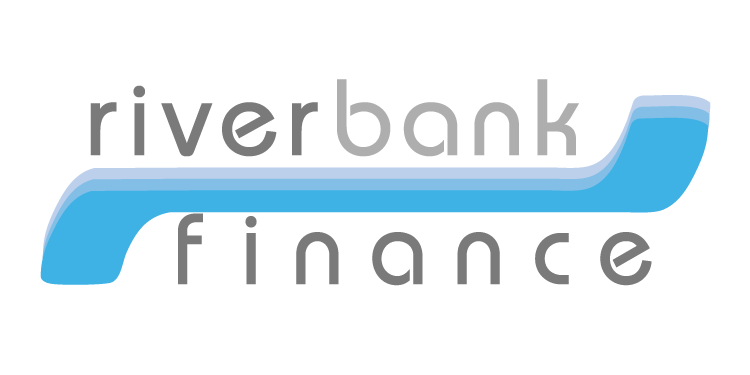
There are several reason why you might benefit from refinancing your home. Many people choose to refinance to simply lower their interest rate while others have goals of doing home improvements or debt consolidation. Depending on your financial goals, refinancing your mortgage may be a smart choice.
- Refinance to a lower rate
- Refinance to a shorter mortgage term
- Cash Out Refinance
- Refinance to Drop PMI
- Debt Consolidation Refinance
- Refinance a FHA loan to a Conventional Loan
- Refinance to a Reverse Mortgage
Rate and Term Refinance Loans
A rate and term refinance loan is a mortgage refinance that allows you to change the rate and the term for your mortgage. With this loan type you typically cannot get cash back at the closing. This the perfect loan type to reduce your interest rate or to pay off your loan more quickly.
Refinancing to a Lower Interest Rate
Refinancing your mortgage to a lower interest rate is the most common type of refinance loan. The rule of thumb is that if you can recover the costs associated with refinancing by the monthly savings in 3-5 years or less then it may make sense to refinance your mortgage.
With mortgage rates remaining low, there is no reason to pay a high interest rate on your home loan. Many refinance loans do not even require a home appraisal and may have little to no closing costs.
Refinancing your home loan to drop your interest rate is a no-brainer if you plan on being in your home for the next few years and the monthly savings is enough to make sense for your situation. Ask a loan officer to help determine the time to recover your costs by doing a break even analysis.
Pay Off your Mortgage Quickly by Refinancing to a Shorter Term
If retirement age is just around the corner, you may have a financial goal of paying off your mortgage in the next 15 years. If you are currently in a 30 year mortgage then you may be able to drop your interest rate by going with a 15 year loan term. With the lower interest rates of 15 year mortgages your mortgage payment may stay the same or only increase a slight amount.
The benefit of refinancing to a shorter term mortgage is that your loan would be paid off in a fraction of the time saving you a large amount in interest. You do the math. If you currently pay $1,000 per month for your mortgage but your loan is paid off, that is $12,000 more per year in your pocket! If you save 10 years of payments that adds up to $120,000 which changes your financial picture.
Use our Mortgage Amortization Calculator to estimate the total mortgage interest paid on your loan.
Cash out Refinance Loans
A cash out refinance loan is a mortgage refinance that allows a homeowner to receive cash back from the equity in their home. Once a homeowner has owned their home for a long enough period to accumulate equity by the increased property values they may have value in their home called home equity.
How can a Homeowner Access the Equity in their Home
To access the equity a homeowner could sell their home and receive the cash proceeds after paying off any mortgages. If a home owner wants to keep their home and get access the equity they have then a cashout refinance may be the perfect fit.
Limitations for Cashout Refinance Loans
Typically cash out refinance loans are limited at 80% loan to value (LTV) for conventional loan or 85% loan to value for FHA however a military veteran can access up to 100% of their homes equity with a cash out refinance.
Debt Consolidation Refinance Loans
A debt consolidation refinance is when a homeowner uses the equity in their home to pay off other debts by refinancing the balance into their mortgage. This type of mortgage can be used to pay off high interest rate credit cards, personal loans, auto loans or even student loans. Others may use a debt consolidation refinance loan to pay off IRS tax debt or liens against their property.
The benefit of a debt consolidation refinance would be to lower the overall interest rate and monthly payments of a homeowners debts. For example if they currently $1,000 for their mortgage, $300 per month for a credit card and $500 per month for their car loan, they may be able to consolidate their debts into a mortgage and have a payment of $1250 per month. In this example they would bring their monthly payments down from $1,800 per month to $1250 per month for an overall savings of $550 per month. This savings adds up to $6,600 per year!
Refinancing to Remove Private Mortgage Insurance (PMI)
Many homeowners refinance their mortgage to drop PMI, or Private Mortgage Insurance, from their payments. This can be done if you have 80% equity in your home.
Private Mortgage Insurance (PMI) is basically foreclosure insurance that protects your mortgage company in case you do not make your payments. There is not benefit to you as a homeowner having PMI other than it may allow you to initially purchase without a large down payment.
Refinancing from an FHA loan to a Conventional Mortgage
If you currently have an FHA loan then you most likely pay mortgage insurance. FHA requires mortgage insurance even if you were to purchase and place a 20% down payment. With current FHA guidelines, the mortgage insurance never drops off for most FHA loans. For this reason, it may make sense to refinance from a FHA loan to a Conventional Mortgage with no PMI.
Use our Conventional Mortgage Calculator to estimate your new mortgage payment.
How to Drop PMI from your Mortgage
You may need to pay for an appraisal to document your home’s new value as part of the refinance process. For example, if your home appraises at $100,000 and you only ow $80,000 then you would have $20,000 in home equity which equals 20%. By refinancing your mortgage with a conventional home loan you would not have PMI on your new mortgage.
Benefits of Dropping PMI from your Mortgage
Dropping PMI could save you hundreds of dollars off your monthly mortgage payments. If you have been aggressively paying down your mortgage balance or if you believe homes in your area have jumped up significantly in value, then speak with a loan officer and review options to refinance and drop PMI from your mortgage.
Other Reasons to Refinance your Mortgage
There are several reasons to refinance your mortgage as shown above. Others may have additional reasons to refinance such as removing a co-signer, changing your loan servicer that has poor customer service, paying down the principal and refinancing to drop the monthly payments, refinancing to a Reverse Mortgage etc. The list goes on!
To review all the benefits of mortgage refinance programs we suggest that you speak with a licensed loan officer. They will help to determine your financial goals and provide information on refinance options to accomplish your goals. Riverbank Loan officers are standing by to help at 800-555-2098 or you may request information by completing the short form below.

 800-555-2098
800-555-2098

